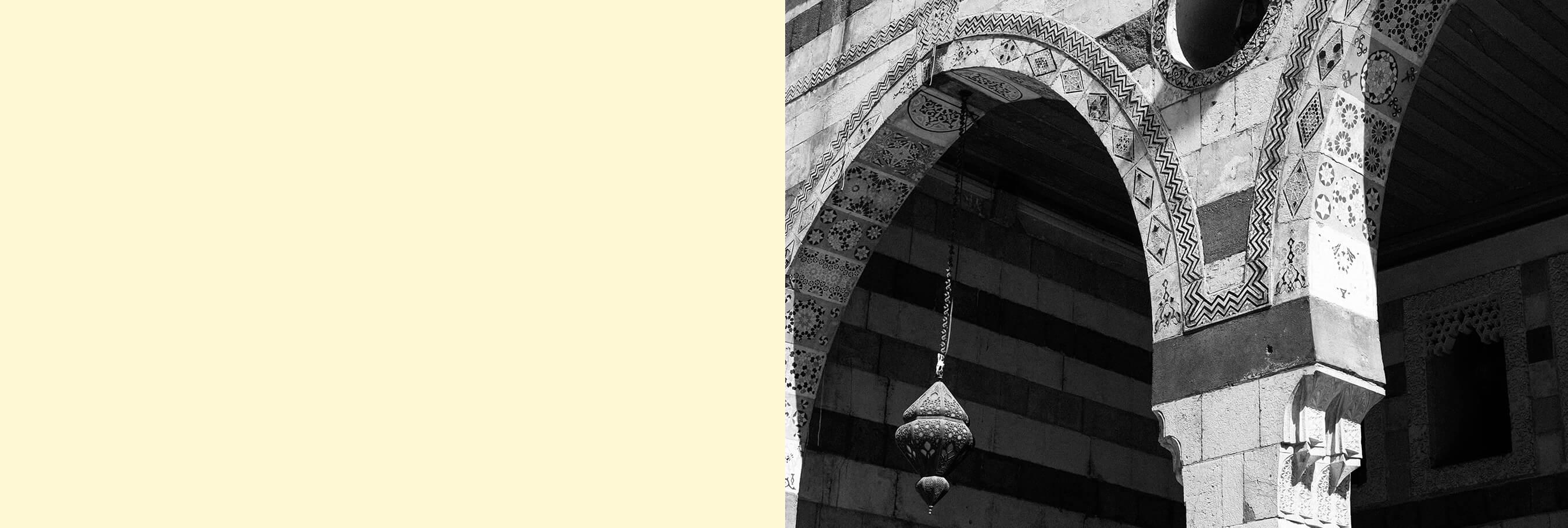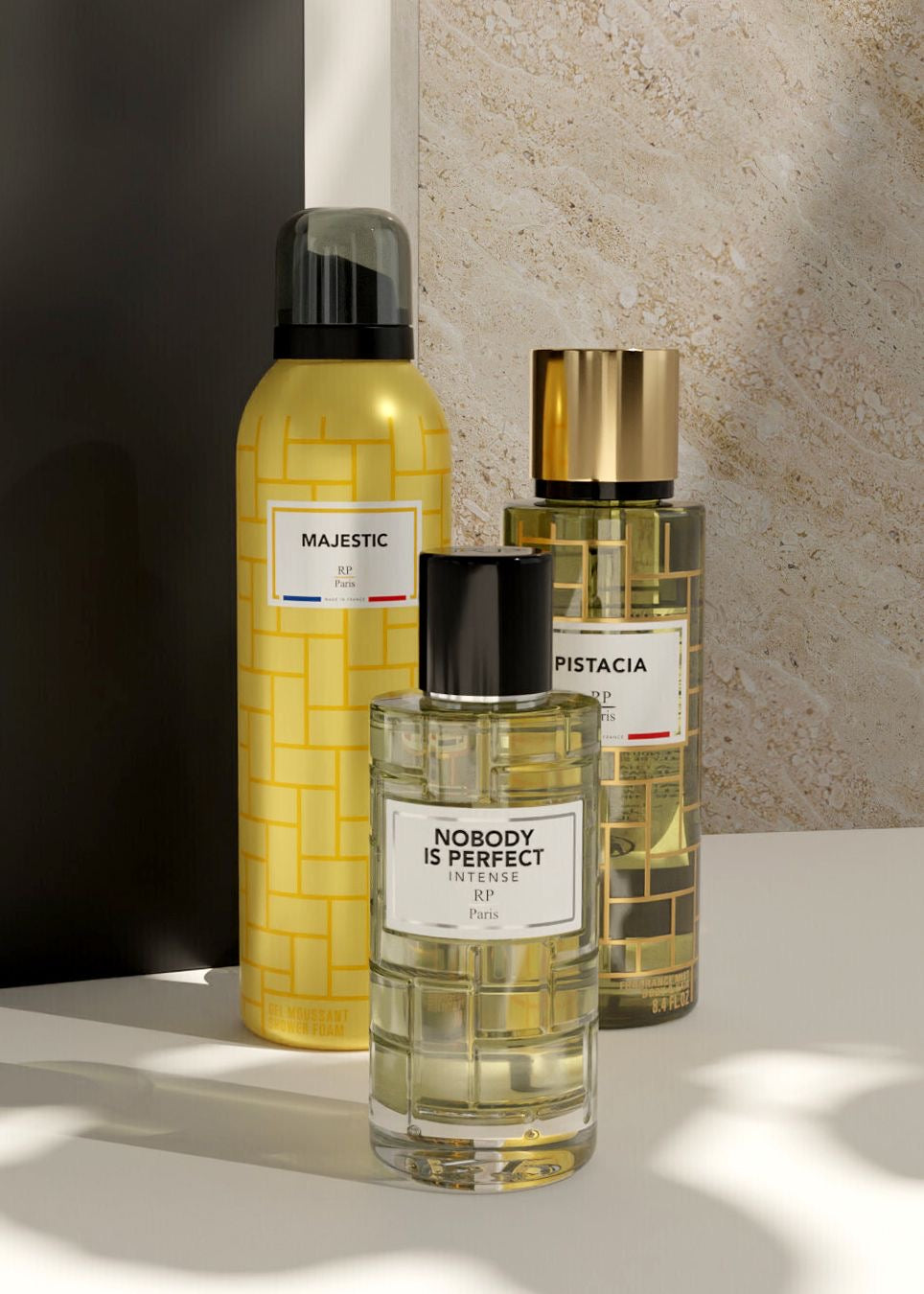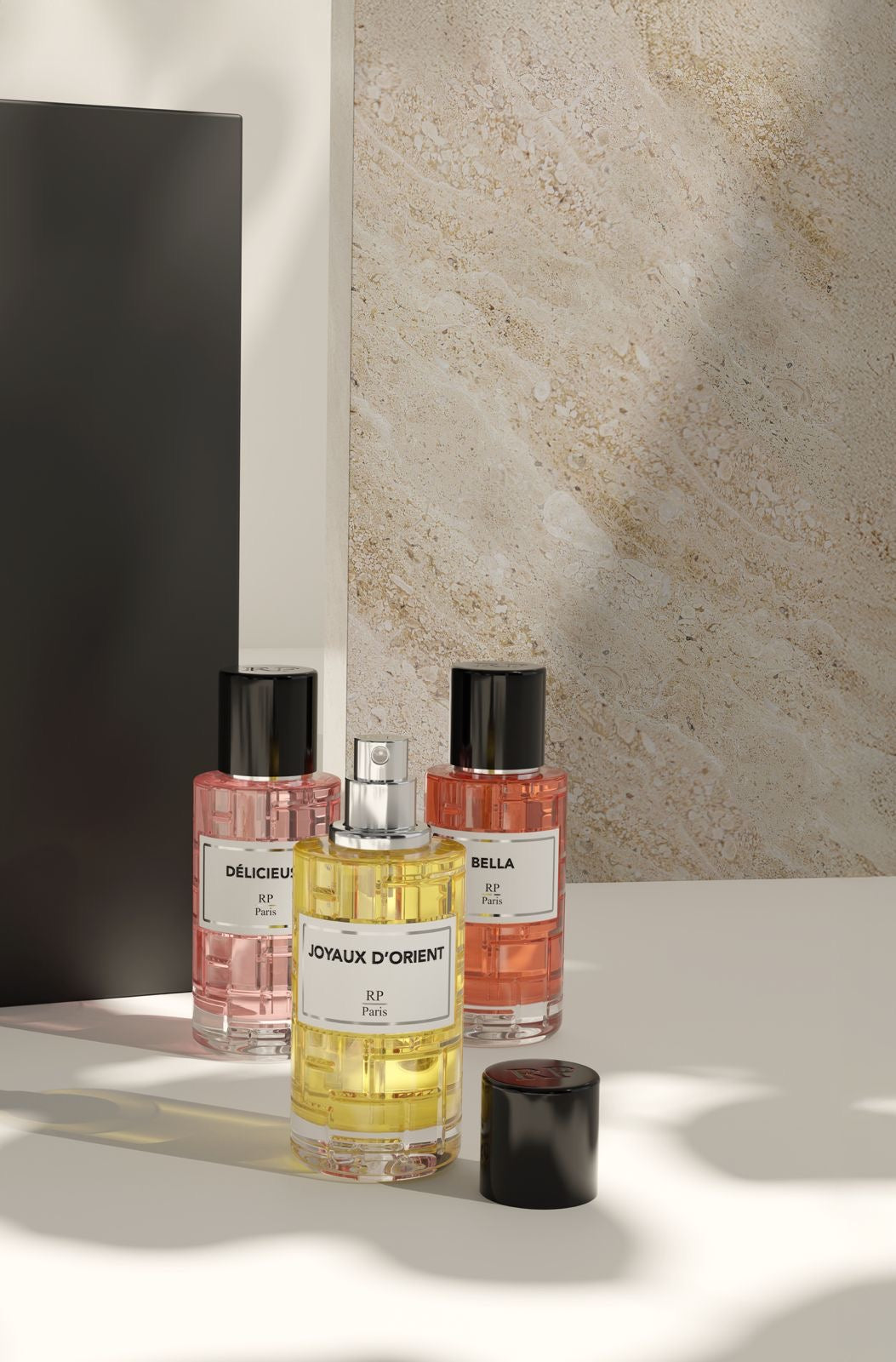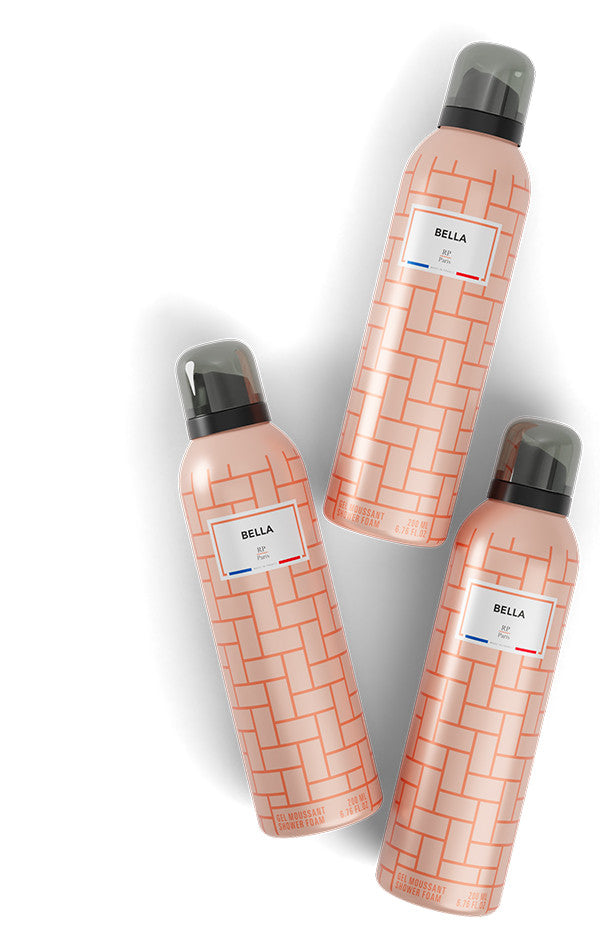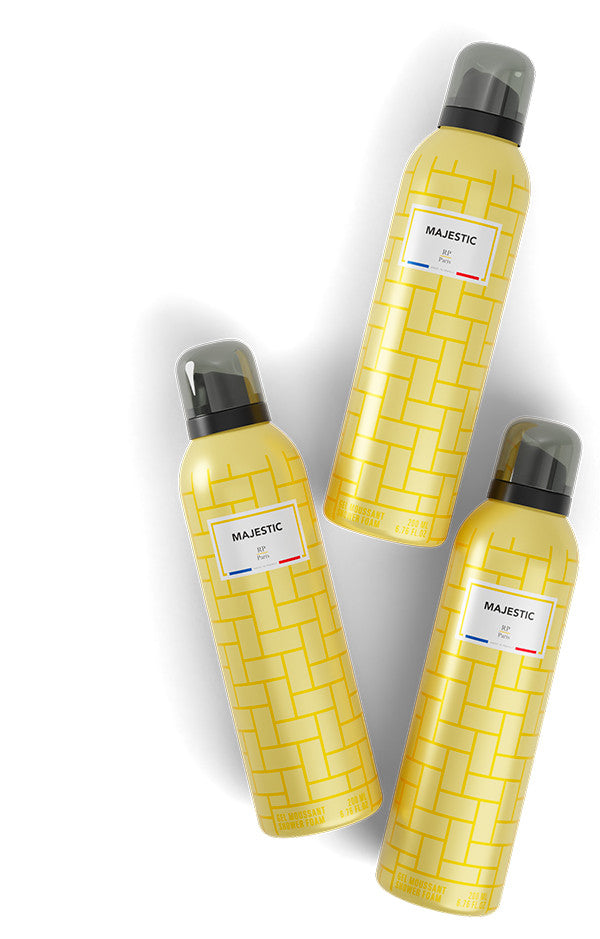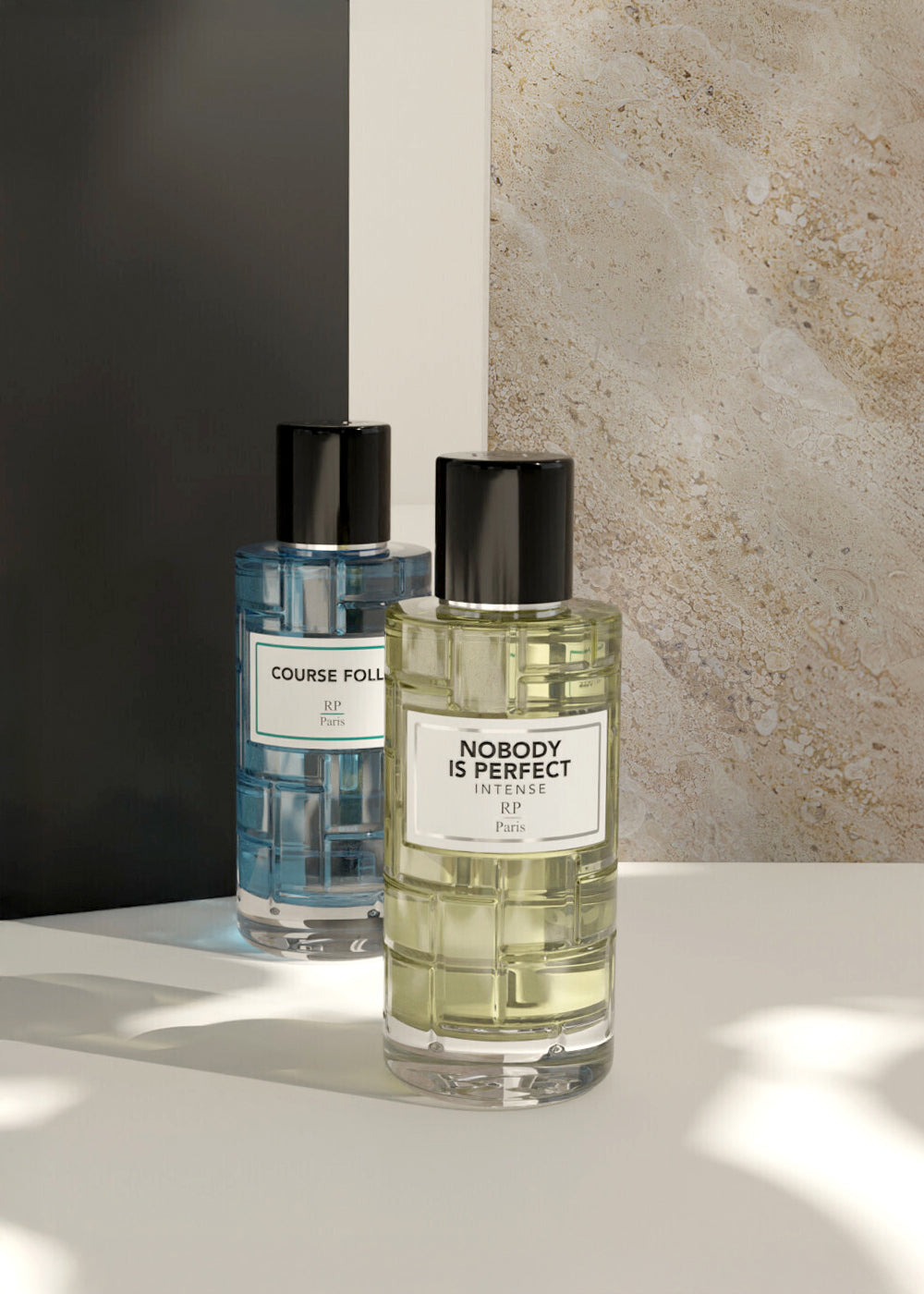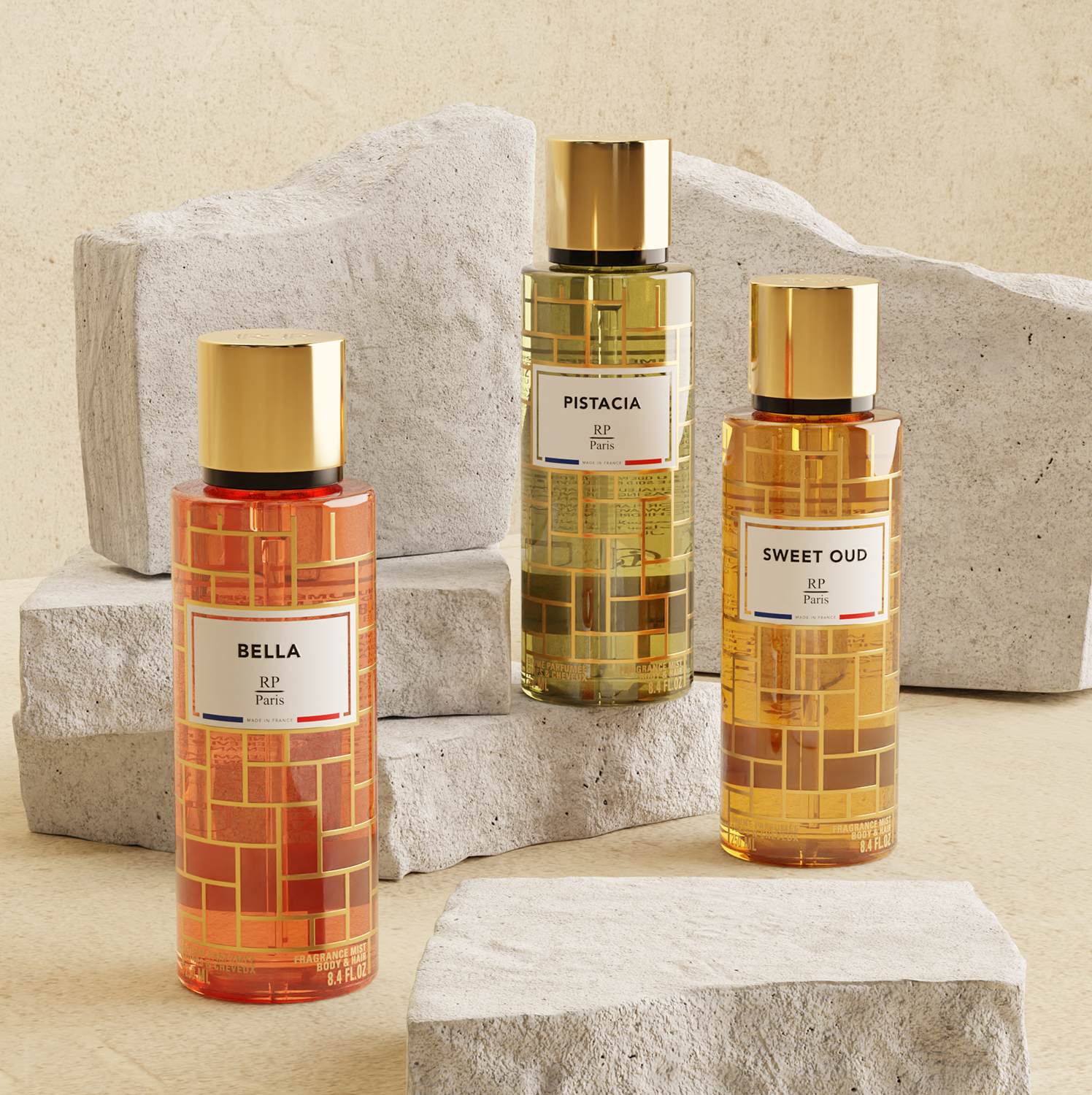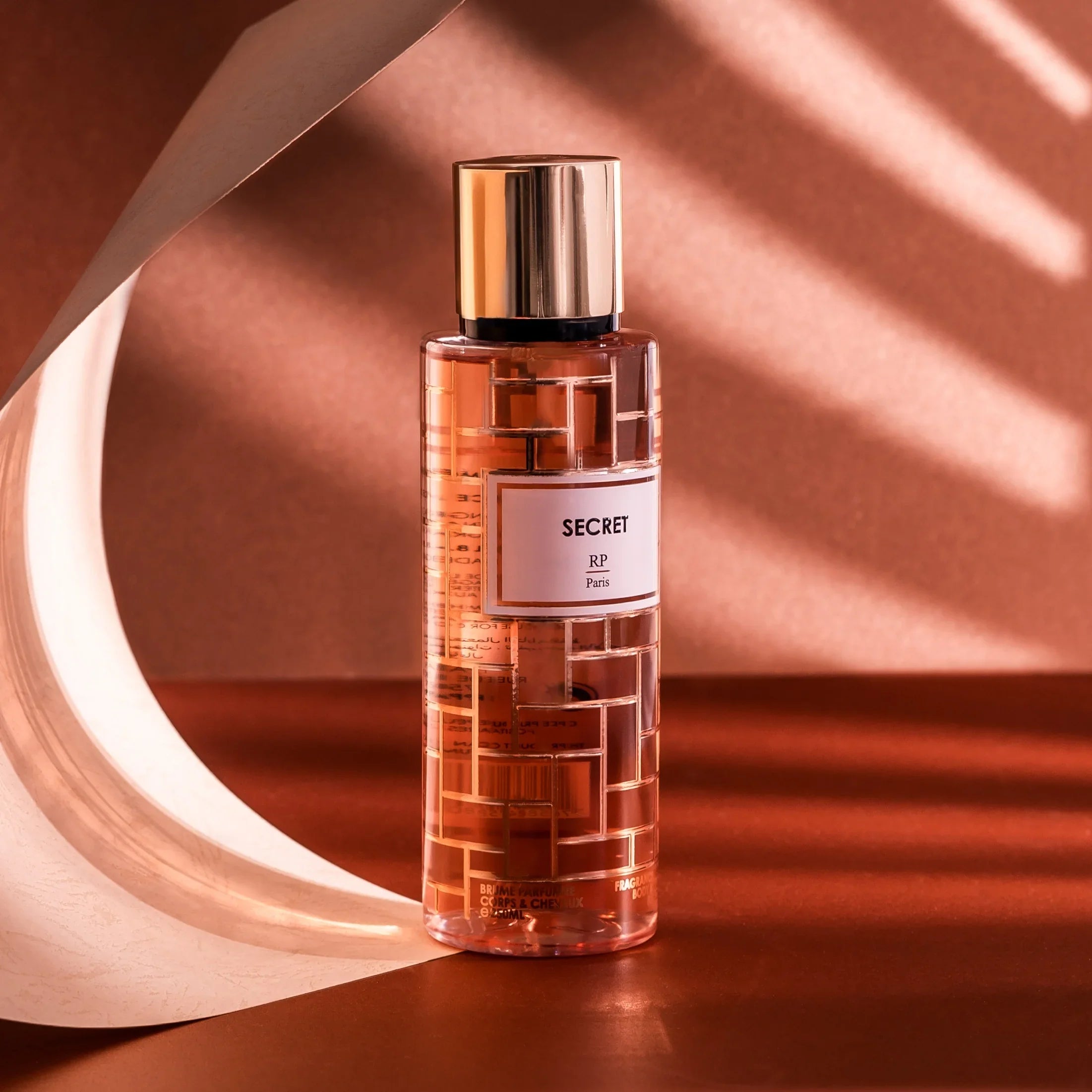
The place of perfume in different civilizations
Summary
The place of perfume in different civilizations
Perfume has played a central role in many civilizations throughout history, revealing profound cultural, religious and social aspects. Discover how perfume has permeated different societies from ancient times to the present day, reflecting the cultural developments and social practices of each era.
Ancient Egypt
In ancient Egypt, perfume played a central role in daily life, religion, and death. The ancient Egyptians used perfumes for their purifying properties and sacred role in religious rituals. Perfumes were also precious offerings to the gods and the deceased, accompanying the living on their journey to the afterlife. The Egyptians were masters in the art of distilling and extracting essential oils, creating perfumes from flowers, resins, and spices that are still used today.
Perfumes were made from plants, flowers, resins, and incense, combined with vegetable or animal oils to produce rich and varied scents. Perfumes were used in everyday life for perfume and purification, as well as in religious rituals and funeral ceremonies. The Egyptians believed that perfumes had magical and medicinal properties, using them to cure illnesses and soothe spirits.
Eastern Civilizations
Eastern civilizations, such as those of India, China, and the Middle East, also have a rich tradition of perfumery. In India, perfume was closely linked to spirituality, used in temples and during religious rituals. Perfumes were made from natural ingredients such as sandalwood, jasmine, and lotus, creating exotic and captivating fragrances. Perfumes were used to honor the gods and purify the spirit, as well as to celebrate weddings and religious festivals.
In China, perfume has been used for medicinal and cosmetic purposes for thousands of years. The ancient Chinese used plants, flowers, and spices to create calming and revitalizing scents. Perfumes were also used in religious rituals and traditional ceremonies, symbolizing purity and beauty.
In the Middle East, perfumes were a symbol of wealth and prestige, used in royal palaces and harems for their sensuality and opulence. Perfumes were made from rare and precious ingredients, such as incense, musk, and amber, creating rich and complex fragrances. Perfumes were used to scent clothing and hair, as well as to create a luxurious atmosphere in royal homes.
Ancient Greece and Rome
In ancient Greece and Rome, perfume was an essential part of daily life and social rituals. The Greeks and Romans used perfumes to scent themselves, purify the air, and perfume their homes. Perfumes were made from a variety of ingredients, including flowers, spices, and herbs, creating a wide variety of fragrances. Perfumes were also used in religious ceremonies and public festivals, emphasizing their social and cultural importance.
Perfumes were used for scenting and purifying oneself, as well as to honor the gods and goddesses. The Greeks and Romans used perfumes in temples and during religious ceremonies, offering perfumes to the gods as a sign of devotion and respect. Perfumes were also used in royal palaces and aristocratic homes, creating a luxurious and refined atmosphere in the homes of the elite.
European Renaissance
During the European Renaissance, perfume became a symbol of luxury and refinement. Royal courts and European nobles wore perfumes to distinguish themselves and impress, creating a growing demand for exotic and rare fragrances. Perfumes were made from essential oils, flowers, and spices imported from faraway lands, creating unique and precious scents. Perfumes were also used in royal palaces and aristocratic homes to scent rooms and clothing, adding a touch of luxury to everyday life.
In conclusion, perfume has occupied an important place in different civilizations throughout history, reflecting the values, beliefs and social practices of each era. From ancient Egypt to the European Renaissance, perfume has transcended cultural and geographical boundaries, becoming an essential element of human life and individual expression.
